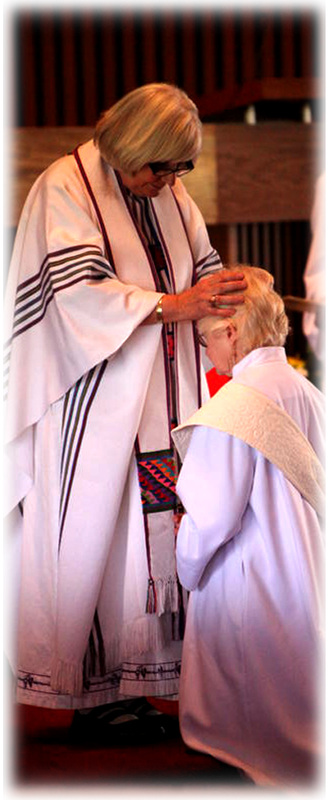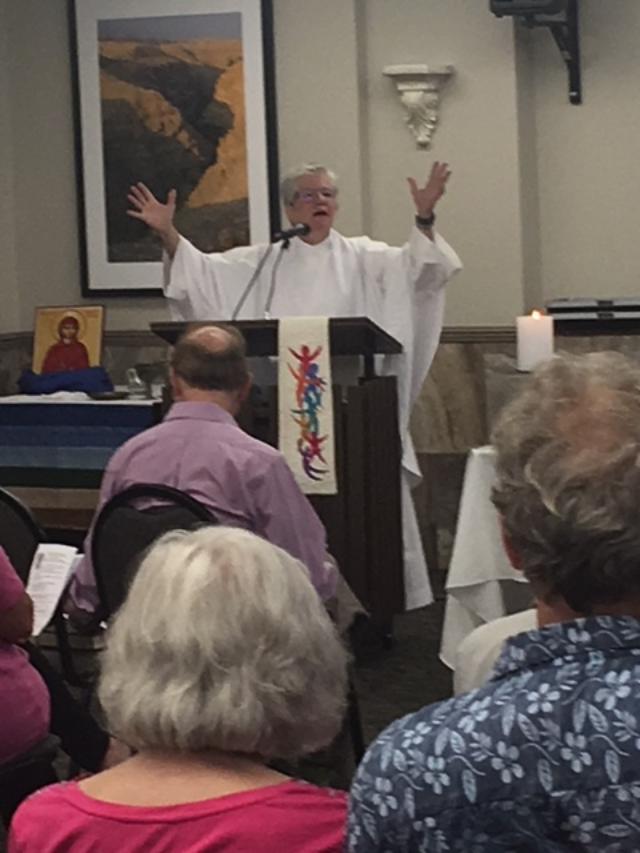|
Seeking God and ways to model God’s love
January 5, 2025 Epiphany Helen Weber-McReynolds, RWCP 1 Kings 10: 1-13; Ps. 72; Galatians 3: 26-28; Matthew 2:1-12 Yesterday started the official ceremonies to lay to rest President Jimmy Carter. I have always admired President Carter, as I know many of you do, as an authentic spiritual seeker, someone who spent his life trying to understand the love of the Creator, and how we can embody that love to make the world a more peaceful, loving place for everyone. His words and actions demonstrated to me that he understood that equality and inclusion were crucial. When he was governor of Georgia, he stunned segregationists there by declaring, in his inaugural address, “The time for racial discrimination is over. No poor rural white or black person should ever have to bear the additional burden of being deprived of the opportunity of an education, a job or simple justice.” Later in his career he wrote a book, after conferring with experts at conferences for a year, about equality for women, in which he said, “My own experiences and the testimony of courageous women from all regions and all major religions have made it clear that there is a pervasive denial of equal rights to more than half of all human beings, and this discrimination results in tangible harm to all of us, male and female.” Pres. Carter understood that that respect, acceptance, and equality were integral to building the Reign of God, the Beloved Community. All three of our readings seem to make the same statement. Our first reading is said to describe the high point of King Solomon’s secular career, the building of the Temple being the religious high point. The gentile Queen of Sheba, the most important, richest, and wisest monarch in the entire region, (yet unnamed,) visited to survey Solomon’s kingdom, and to seek understanding of his God. Apparently, they grew to respect one another, and the Queen to respect Solomon’s God. She observed, “God loves God’s people eternally, and so made you ruler to maintain law and justice.” Their encounter was one of acceptance, giving and receiving, and honor. Our second reading, from Paul to the Galatians, is foundational to our inclusive catholic movement, an expression of the truth that the Holy Spirit calls all people to ministries of all different kinds, regardless of race, occupation, gender, sexuality, physical ability, or marital status. The acceptance and openness modeled by Jesus and Paul to all believers were part of the new world they sought to build, a Kindom that reflected God’s pervasive love. “In Christ, there is no Judean or Greek, slave or free, male or female. All are one in Jesus the Christ.” The ultimate seekers were the Magi, gentile astronomers trying to understand the spiritual realities of the cosmos. Their dedication to this mission contrasted with that of the chief priests and religious scholars, who seemed to have no interest in visiting Jesus themselves, but were happy to refer to the scriptures and point these foreigners toward Bethlehem. The Magi heaped expensive gifts on Jesus, but can be said to have received the gifts of insight and revelation. Like the Queen of Sheba, they returned with more than they gave. A God whose son was born one with the poor and minority people of his society was the perfect example for the Magi of the hope that existed to be able to build a better, more inclusive world. As Scott Erickson said in his book, Honest Advent, “The deep desire of the Magi was to connect with the Creator of the world, and they trusted the Creator to reveal the interior journey of the soul in the exterior world around them. They wanted to know God, and they were willing to move from observation to participation in the pursuit of knowing.” Let us continue to be seekers, friends. Let us look for ways to model God’s love in our lives, the best we can. Let us be radically inclusive, like Jimmy Carter, the Queen of Sheba, Paul, Jesus, and the Magi. Let us be willing to participate in the pursuit of knowing, and following, God. |
|
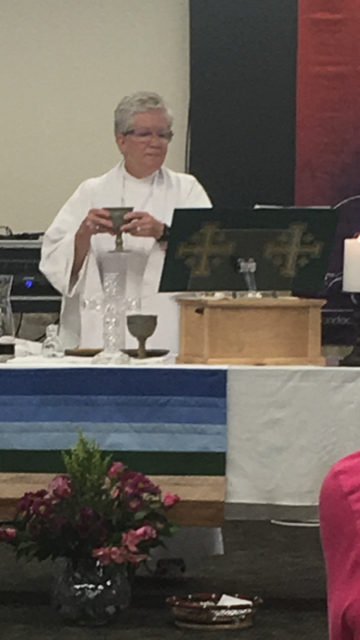
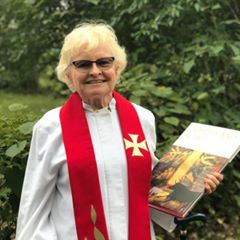
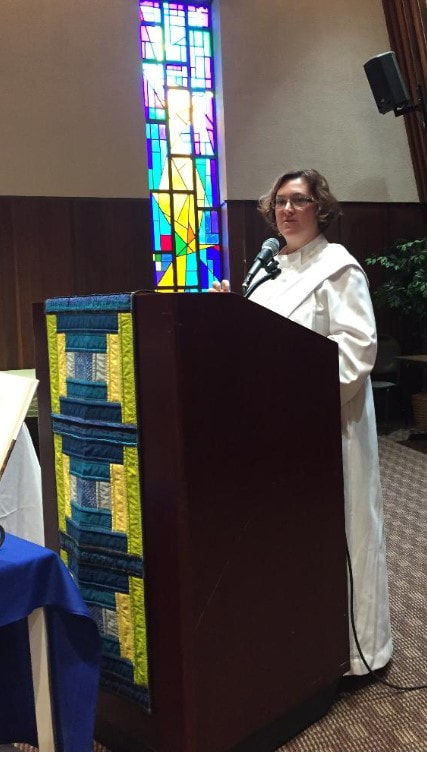
 RSS Feed
RSS Feed
